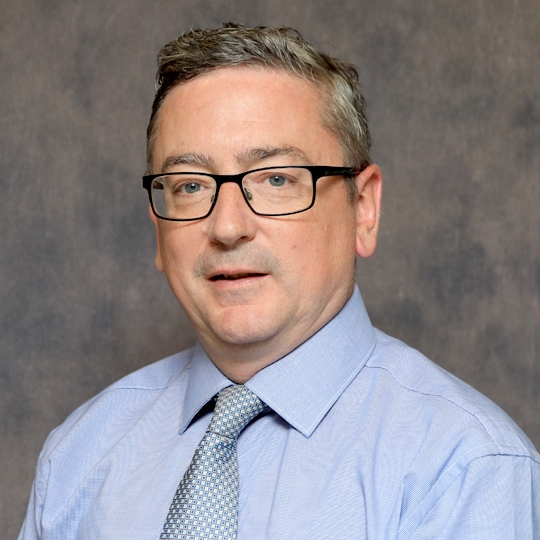Planning barriers are inhibiting developers’ ability to deliver new life sciences space in the United Kingdom's golden triangle between Oxford, Cambridge and London, with more than half the area's development pipeline still in the pre-planning phase, an analysis by Knight Frank warns.
Some 56% of the area's life sciences development pipeline is yet to secure planing. The region already has a 1.85 million square foot shortfall of this type of space and the agency says the problem is at risk of being exacerbated unless "urgent action" is taken to "remove the barriers" to building new accommodation.
According to Knight Frank, demand for life sciences space in the area between Cambridge, Oxford and London and the UK’s leading life sciences market, continues to grow. In the third quarter of 2023, around 150,000 square feet of lab and life science office space was leased across the region.
The figure follows 315,000 square feet of take-up in the second quarter, buoyed by Moderna’s 145,000-square-foot deal at Harwell Campus and the strongest quarter for take-up in the past five years, with demand is set to accelerate.
But the supply of new space to accommodate this growth remains severely constrained. In Cambridge, over 1 million square feet of lab demand contrasts with a mere 24,700 square feet of available space as developers grapple with planning constraints and faltering access to critical infrastructure required for new labs.
Region- wide, around 2.25 million square feet of live requirements contrast with just 417,000 square feet of available space, or more than five times oversubscribed. In the longer term, 56% of the golden triangle’s 30 million-square-foot development pipeline remains in the pre-planning phase.
The government is also looking to spur the sector’s continued growth, with Michelle Donelan, Secretary of State for Science, Innovation and Technology, reiterating its commitment to increase research and development funding to £20 billion next year.
But Knight Frank says that the "growth risks being stifled" by the challenges facing new developments and the difficulties inherent in delivering new growth clusters, which promote the incubation of newly formed ventures.
Emma Goodford, partner and head of life sciences and innovation at Knight Frank, said: "Demand for high-quality life sciences space across key markets in the Golden Triangle continues to rise in tandem with the emergence of new AI and digital health technologies.
"The lack of suitable supply, particularly in Cambridge, which attracted a significant proportion of Q3 venture capital investment into the sector, is hampering the growth ambitions of life sciences start-ups and driving significant rental growth across the region.”
Around 280 new life sciences companies were incorporated in the third quarter, up 9% from the previous quarter and 31% higher than the same period in 2022. So far this year, 813 life sciences companies have launched in the UK, the highest number for the first three quarters of any year in the past decade.
Another strong quarter for venture capital funding for life sciences, in which £883 million was raised, 5% higher than the third quarter 2022, takes the total raised by the sector in 2023 to over £2.7 billion, the second highest level over the first three quarters of the year in the past decade.
Jennifer Townsend, partner at Knight Frank, added: "Many start-ups and growing UK firms are constrained by the lack of requisite lab and office space, which supports their growth and commercialisation.
“For the Golden Triangle to retain its position as Europe’s pre-eminent life sciences market, urgent action is needed to promote increased development and remove the barriers to the delivery of new space.
"The potential of the sector to deliver a significant boost to the UK economy and create high-value jobs otherwise risks being stymied by the difficulties facing developers who seek to create dynamic and high-quality innovation clusters."


